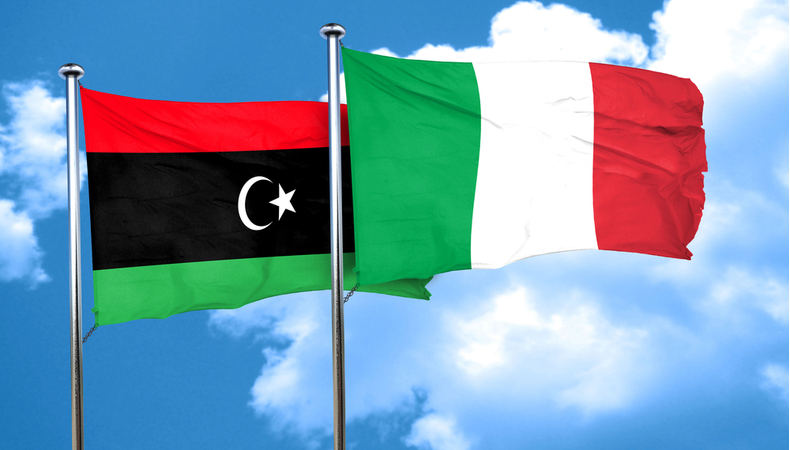Italy-Libya clash over the visas of the European naval mission Irini

The news of the refusal to grant the entry visa to Tripoli for the commander and other officers of the European naval operation “Irini” has raised concern in the Italian government.
The Italian daily “Avvenire” has exposed a series of contradictions hitherto unspoken. Irini’s command confirmed that visas have not yet been granted despite two diplomatic reminder notes. “Should we consider it normal that after three months, visas have not been granted?”. He asks for a source from the EU mission summit. A more than justified irritation, considering that Eunavfor Med Irini should inherit, according to what the government assured at the time of the vote for the refinancing of the Libyan coastguards, the responsibility for training and connecting with the Tripoli coast guard. However, given the visa boycott, the conditions do not seem to be the best.
Anonymous sources of the Italian government explained to the press agencies that there was no denial of the visa for Libya to the commander of the Irini operation, Admiral Fabio Agostini. However, the officers who have not obtained the entry permit to Tripoli would be at least five and not the only commander Agostini.
However, the sources cited by the agencies acknowledge that things are not going the right way, and Irini awaits a response to a verbal note sent two months ago to the International Relations Department of the Libyan Defense Ministry. Furthermore, the same sources revealed that two requests are pending: the first with a verbal note from the Admiral addressed to the Libyan Embassy in Rome. With a verbal message from the European Mission in Libya, the second is directed to Tripoli for a summit. Despite this, the authorization has not yet arrived.
Sources of the Italian government explained to Ansa that the delay in granting the entry visa, requested before Easter, resulted from the “usual approach by the Libyan side.” The same also involved the Italian military personnel present in Misurata. However, the same sources exclude that there was “Turkish pressure to prevent the issuance of the visa.” So, the issue would regard only tensions between Tripoli and Rome, and between Tripoli and Brussels, due to a well-known controversy that has been going on for some time which sees the Libyan side complaining about the failure to issue visas for missions Italy.
On the other hand, the privileged channel of “health diplomacy” remains active, allowing for the rapid arrival in Italy, especially in Milan and in the province of Como, of soldiers and militiamen wounded in battle who receive treatment in our country in private health facilities. Some of them involved in operations being investigated by the international prosecutor of The Hague for crimes against human rights, and others suspected of having links with terrorist groups such as Ansar al-Sharia.




